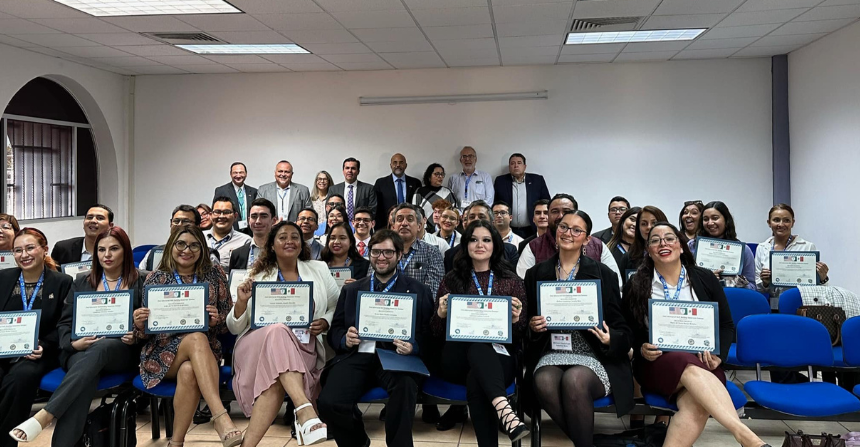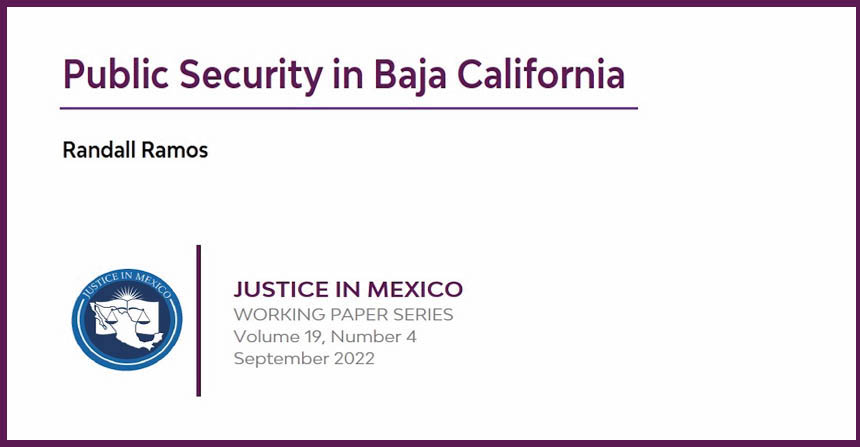06/21/11 — Veracruz has begun to implement reforms that will target the state’s judicial system and create a more transparent and accountable penal process based on oral trials. Such reforms are part of the mandatory constitutional amendments passed at the national level in 2008 intended to transition Mexico to a new penal system, one that largely resembles both the U.S. and Chilean judiciaries. While some states are further along in their implementation efforts, all states must be in compliance with the new regulations by 2016. Veracruz is one of five states set to begin its transition this year.
Despite just beginning the implementation process, some have already expressed their concern that Veracruz, among other Mexican states, is not well enough prepared to handle the transition. Former president of the Inter-American Court of Human Rights and well-known Mexican judicial expert Sergio García Ramírez recently criticized the constitutional reforms and referred to them as “double-sided.” While acknowledging the benefits of the new, impartial, and more thorough justice system, García emphasized that states like Veracruz do not have sufficient training, preparation, and infrastructure in place to make the transition, adding that key reforms and commitment in the legal education system are first necessary to prepare both lawyers and judges for the future. “In order for the oral trial system to work,” said García, quoted in El Mundo, “we need to have prepared judges for the new system, which they are working on, but there still does not exist a whole generation of judges. It also requires public officials and lawyers that are well trained and educated on the new system.” He also noted that oral trials are only part of the larger penal process and therefore cannot be the only focus of reform efforts.
Others have suggested that Veracruz look to previous Mexican states’ experiences with the reforms and to take advantage of having examples to draw from. At a recent conference held in Chiapas on June 7, called “Constitutional Reform in the State of Chiapas” (La reforma constitucional en el Estado de Chiapas), experts on public security and constitutional reforms presented results from a study conducted in Chiapas that focused on analyzing the institutional capacity of the state to actually implement the judicial reforms. As José Sosa stated, “One of the first conclusions we found is that in all of the cases the involved actors [judges, lawyers, officials, etc.] had the will to carry out the reforms, but they had very little idea of what to do or how to do it.”
Sources:
“Piden allanar ruta para juicios orales en reforma penal.” Terra. May 5, 2011.
Morales, Rosalinda. “Juicios orales, con claroscuros: experto.” Imagen del Golfo. May 31, 2011.
Landa, Armando. “Se adapta Veracruz a los juicios orales.” El Mundo. June 1, 2011.
“Veracruz podría aprovechar experiencias del proceso de reforma judicial en Chiapas.” La Jornada Veracruz. June 10, 2011.





Pingback: Judicial Reforms Lead to Oral Trials in Aguascalientes « Justice in Mexico
Pingback: Aguascalientes Approves Judicial Reforms; Advances Towards Oral Trials « Justice in Mexico